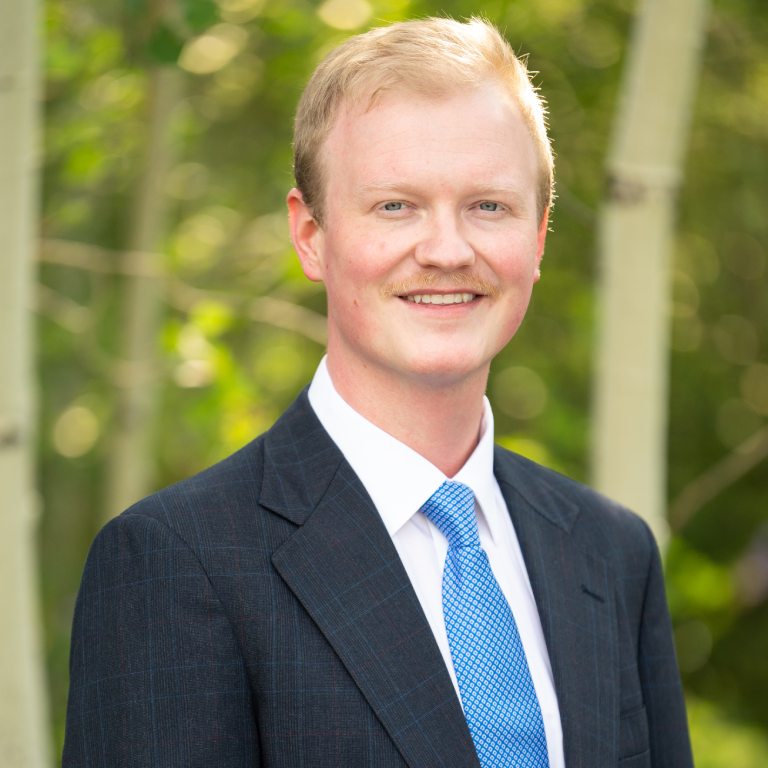Description of the video:
Anjali Varma, MAAA student: I want to help build a world where arts is not just appreciated, but is highly regarded as a viable career option.
Tehvon Fowler-Chapman, MAAA’18, Executive Director, Washington Concert Opera: The MAAA program prepared me to manage by showing me how important it is to consider everyone who's impacted by your decisions.
Eric Ashby, MAAA-MPA student: Arts administration in a very basic sense is being the bridge between arts and audiences. And you have people helping raise money. You have people in operations and this program helps you understand those unique management considerations that are attached to the arts so that you can effectively be that bridge.
Karen Gahl-Mills, Director, O’Neill Arts Administration Programs: Here at the O'Neill school, which is a school of public and environmental affairs, you get the benefit of not only studying the best in management for the arts, but you get to do it surrounded by students from around the country and around the world - thinking about the big problems facing our communities.
Eric Ashby: Arts, artists, the creative economy have unique attributes that can be leveraged as community problem solving vehicles. And so I really think leading for the greater good lies at the intersection of the arts and community.
Chloe Dukes, MAAA student: I chose O'Neill because affordability was very important to me, as well as the large network of alumni. Just to see where they are now, how they were prepared for the work that they're doing. I wanted that for myself.
Michael Cervantes, MAAA’19: O’Neill absolutely set me up for success. Every single aspect of my time within the program was something that has contributed to my ability to succeed in my current role.
Karen Gahl-Mills: This is a residential program, but you don't pause your career. You come here and get more professional experience through practicum assignments that you get to direct through a really robust internship program, which we help you fund.
Anjali Varma: The MAAA program encourages hands-on experience and a hands-on experience in an arts organization helps you seal the information that you're learning theoretically in classes.
Eric Ashby: No matter what you're interested in, whether it's visual arts, music, dance theater, it's all here. And there's opportunities to engage in that in a really meaningful way.
Chloe Dukes: I've been able to work with organizations such as Artisan Alley and the Bloomington Creative Glass Center and use the things I'm learning in the classroom to help the community.
Eric Ashby: Bloomington really does have the cultural resources and assets of a large city, but it's in a smaller community, which means that you actually have the opportunity to go in and be a part of big decisions and do really hands-on work.
Karen Gahl-Mills: We have researchers who are really on the cutting edge of what research in cultural affairs looks like. We also have extraordinary practitioners as our faculty folks who have done it, who have run organizations and the combination of theory and practice from our faculty benefits our students.
Chloe Dukes: They care a lot and they want to push their students to be the very best version of themselves and to make sure that they're ready to enter in the workforce.
Eric Ashby: One of the great things about the arts administration program here is that they make big feel really small. So you have access to the resources of a Big Ten institution, but you also have a cohort. So you get kind of the best of both worlds.
Colin Knapp, MAAA student: The relationships that I have built here are going to serve as really incredible resources moving forward.
Eric Ashby: That community is just invaluable. And I think that's something that has to happen organically and it's happening organically at O'Neill.
Chloe Dukes: You'll learn from your teachers. You'll learn from your colleagues. You'll learn from walking down the street and just seeing things that inspire you every day.
Off-screen speaker: I've really relished my time here, time that I'm able to spend growing as a leader.
Anjali Varna: If you're really passionate about the arts and you really want to facilitate the continuation of it, I would highly recommend this program.


